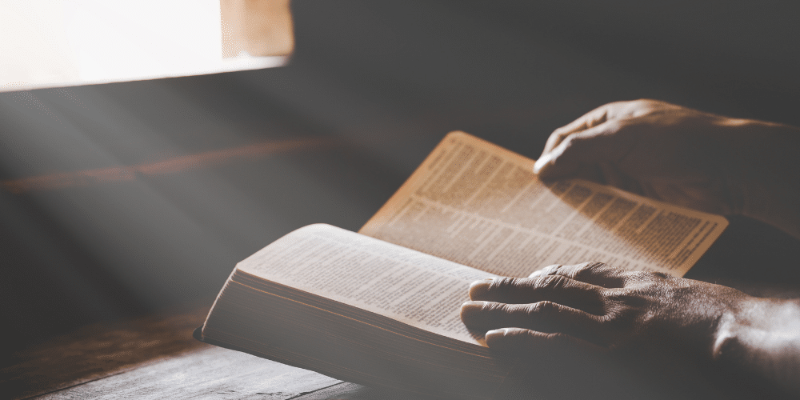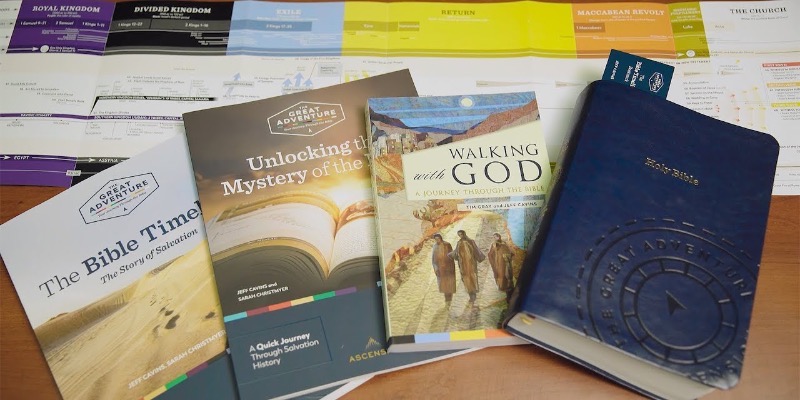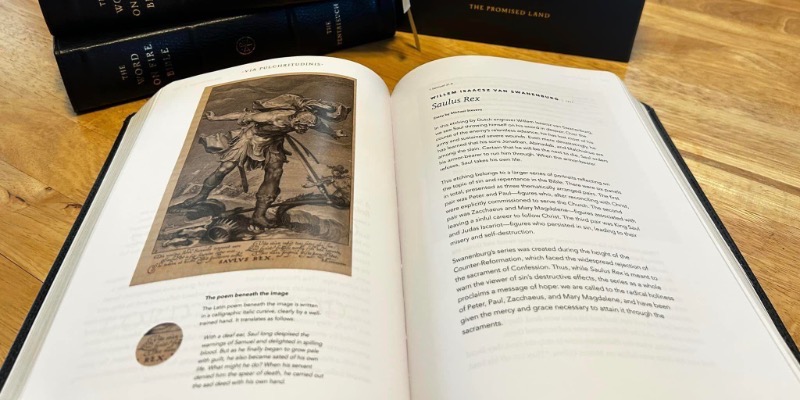
Reading the Bible
How does the Catholic version of the Bible differ from the Protestant?
The Bible used by the Catholic Church differs from that used by the Protestant Churches. The Catholic Bible contains 73 books, which include the deuterocanonical books – seven additional books (Tobit, Judith, Wisdom, Sirach, Baruch, and 1 and 2 Maccabees) as well as additional parts of Daniel and Esther that are not found in the Protestant Bible. These deuterocanonical books were included in the Septuagint, the Greek translation of the Hebrew Scriptures used during Jesus' time. In contrast, the Protestant Bible has 66 books, following the canon of the Hebrew Bible established by Jewish rabbis around 90 AD.
A number of English translations of the Catholic Bible have been used over the years. The Catholic Bishops Conference of England and Wales has most recently approved the use of the English Standard Version (ESV) Catholic Edition to be read in church, starting from Advent 2024. This is a modern and accurate English translation of the Bible, based on the Revised Standard Version (RSV).
How should I read the Bible?
The Bible is a collection of books in broadly chronological sequence, with considerable overlap between certain books reflecting different traditions. For example Deuteronomy and Leviticus both focus on the law which the people of Israel were expected to follow, but they take different perspectives. This commonality of content with differences of emphasis can be seen most clearly in the four Gospels. The purpose of the books also differs considerably, with some acting as a historical record, whereas others focus on the prophets or are a collection of wisdom literature, and yet others are songs of praise.

While it can certainly be done, reading the Bible from start to finish is challenging and is not necessarily the best way to get a clear view of the story of salvation. One way to read the Bible recommended by our Diocesan teaching staff has been developed by a US Catholic scholar, Jeff Cavins. Jeff has developed a colour-coded timeline approach that walks the reader through the key books of the Bible. This system, and the accompanying study version of the Catholic Revised Standard Version of the Bible, are published by Ascension Press and are described in more detail here.
Other editions of the Bible
There are many editions of the Bible at different price points. The Catholic bookshop St Pauls Multimedia has a web page dedicated to different Catholic Bibles that can be ordered online.

The Word on Fire Institute, led by Bishop Robert Barron, is currently publishing a beautiful and inspiring study Bible in sections: see here for more details.
Online version of the Bible
The Revised Standard Version of the Catholic Bible can be read online here.
Additional Bible study resources
Bergsma and Pitre’s
‘Catholic Introduction to the Bible’ (2018, Ignatius Press) gives an excellent, accessible but thorough treatment of the historical, theological and liturgical aspects of each Bible book, and provides a useful introduction before reading the biblical text itself.
The
Zondervan Atlas of the Bible allows one to understand the geography of the Bible, as well as the historical context.